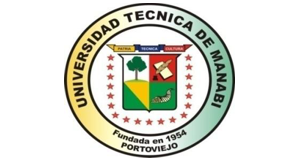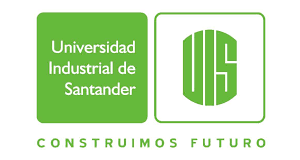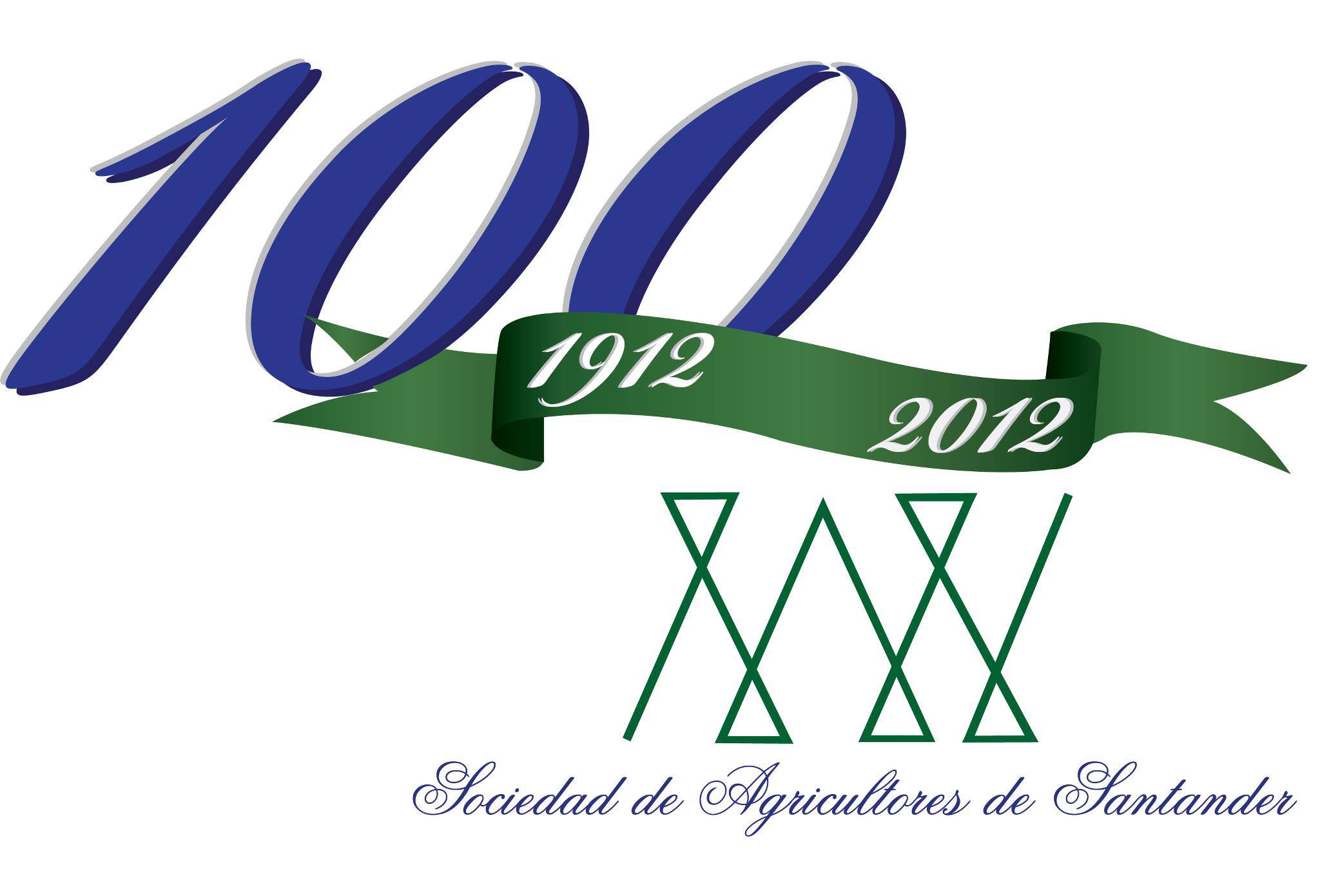Colombia and Ecuador conduct research in nanotechnology for sustainable agricultural production.
The manufacture of nanofertilizers and their application to crops improves soil health, crop quality and reduces greenhouse gas emissions.
Context of the story
Agriculture is one of the sectors that generates the highest pollutant emissions globally as a consequence of the indiscriminate application of fertilizers, increasing greenhouse gas (GHG) emissions. Therefore, fertilizer formulations combined with nanofertilizers are proposed to improve crop yields, reduce production costs, improve nutrient use efficiency, reduce soil and water pollution and mitigate GHGs produced by agriculture.
Support for agricultural producers with new technologies and production methodologies.
The implemented initiative
The project seeks to:
1. Manufacture and evaluate nanofertilizer properties.
2. Determine the potential toxicity of nanofertilizers at laboratory scale and evaluate the effect of the addition of nanofertilizers on nutrient use efficiency and soil characteristics.
3. Determine the effect of nanofertilizers on biomass production, crop spectral response, and evaluation of nitrous oxide and carbon dioxide emissions.
Quantify nanofertilizer use in fertilization efficiency.
The technological solution
- Synthesize and characterize nanofertilizers of titanium dioxide, zinc oxide and zeolite to evaluate their effect on fertilization and nutrient use.
- Create a tool to support nanofertilizer formulation based on soil and crop data.
- Identify the most efficient nanofertilizer formulations and doses, in order to propose a production and commercialization scheme for nanofertilizers with technical support, training and dissemination of the technologies.
- Promote the use of ecotoxicological tests to ensure that nanofertilizers are environmentally friendly.
- Encourage the use of aerial vehicles to estimate crop nutritional quality.
- Reduce greenhouse gas emissions.
The application of nanofertilizers will improve the quality of life of agricultural producers, boosting climate-smart agriculture.
Type of project
Results
- Obtain sizes and shapes of nanofertilizers.
- Establish a ranking of potential environmental hazards using ecotoxicological tests.
- Increase biomass production, crop nutritional quality and efficiency through the addition of nanofertilizers.
- Quantify the effect of nanofertilizers on soil physical, chemical and biological characteristics.
- Publication of scientific articles.
- Evaluation of nitrous oxide and edaphic carbon dioxide emissions in experiments with and without nanofertilizar application.
- Creation of a software tool to support the formulation of nanofertilizers based on soil and crop data.
- Implementation of a remote sensing model to estimate soil and crop nutritional conditions.

 Back to the project
Back to the project Colombia
Colombia Ecuador
Ecuador







